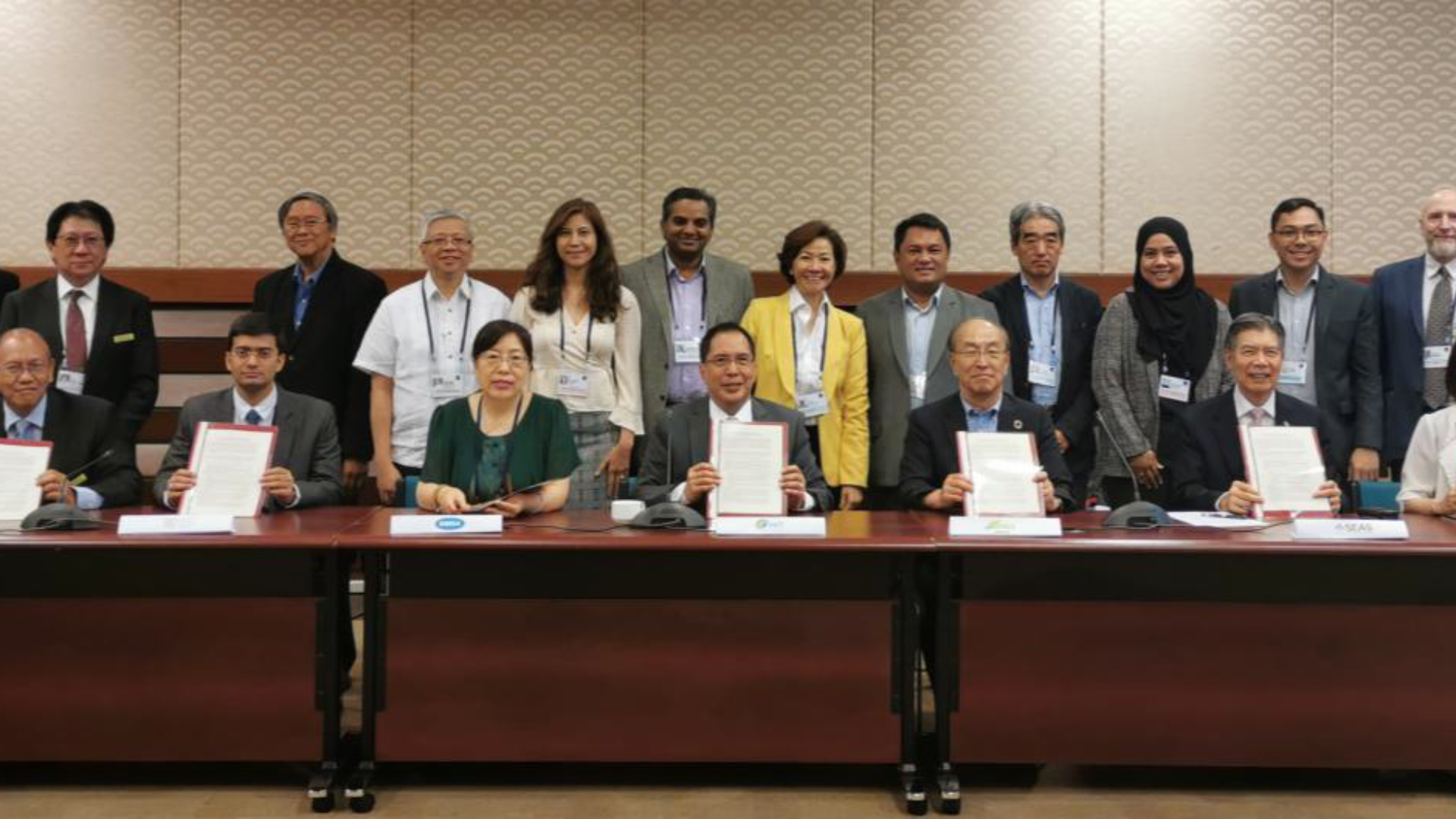PH Trails in Energy Efficiency, Urged to Boost ESCO Projects
- May 26, 2025
- 0

The Philippines must accelerate its Energy Service Company (ESCO) projects to lower energy costs and meet climate targets, according to a global report presented by Alexander Ablaza, president of the Philippine Energy Efficiency Alliance, at the ASEAN Energy Efficiency and Conservation Workshop in
With 71 active ESCO projects, the country is a rising player in Southeast Asia’s energy efficiency market but lags behind leaders like Malaysia (206 projects) and Thailand (100), signaling significant growth potential.
Ablaza is also a member of the Advisory Board of the Global ESCO Network and founding convenor and co-chair of the Asia-Pacific ESCO Industry Alliance. His Global ESCO Market 2025 report positions ESCOs as vital for reducing energy use and emissions.
ESCOs finance and implement efficiency upgrades—such as lighting and HVAC systems—with no upfront costs, repaid through savings. In the Philippines, these projects, mostly in public buildings, achieve up to 35% energy savings but are limited by a reliance on single-technology solutions, like lighting replacements, rather than integrated retrofits that deliver 35–50% savings in mature markets like Europe.
Integrated retrofits offer deeper savings and bette
Financing remains a key barrier, with the report highlighting limited capital access and lender unfamiliarity. Most Philippine ESCO projects rely on commercial bank loans, with a five-year payback period, but innovative models like guarantees are underutilized. Policy uncertainty also hampers growth, unlike in mature markets with mandatory energy audits and emissions targets.
In his report, Ablaza urged swift action: Governments must prioritize energy efficiency as infrastructure, and financial institutions should scale performance-based financing. He called on ESCOs to innovate and expand into commercial and industrial sectors, where activity remains low.
The report, developed with the International Energy Agency, aligns with the Philippines’ goal to cut emissions by 43% by 2030. Stronger policies and financing could unlock billions in savings and support a greener future.
Follow Power Philippines on Facebook and LinkedIn or join our Viber community to stay up to date on the latest energy news.